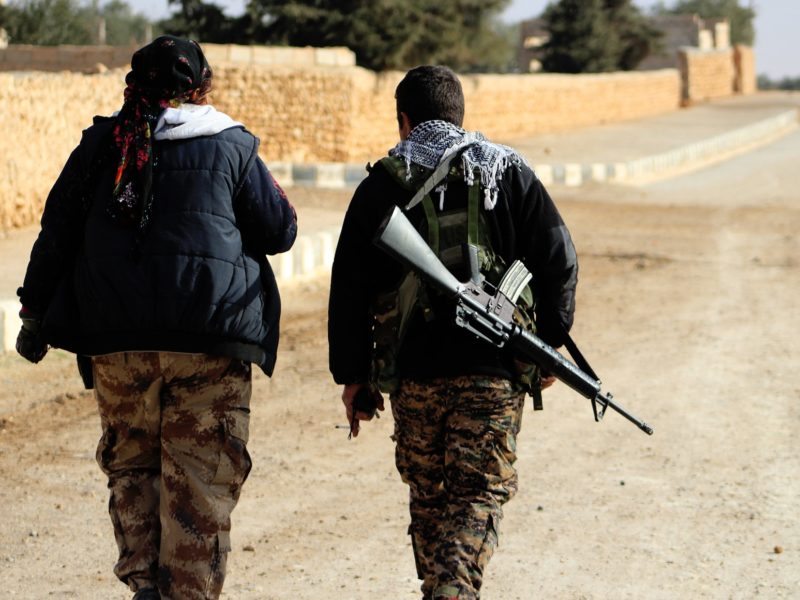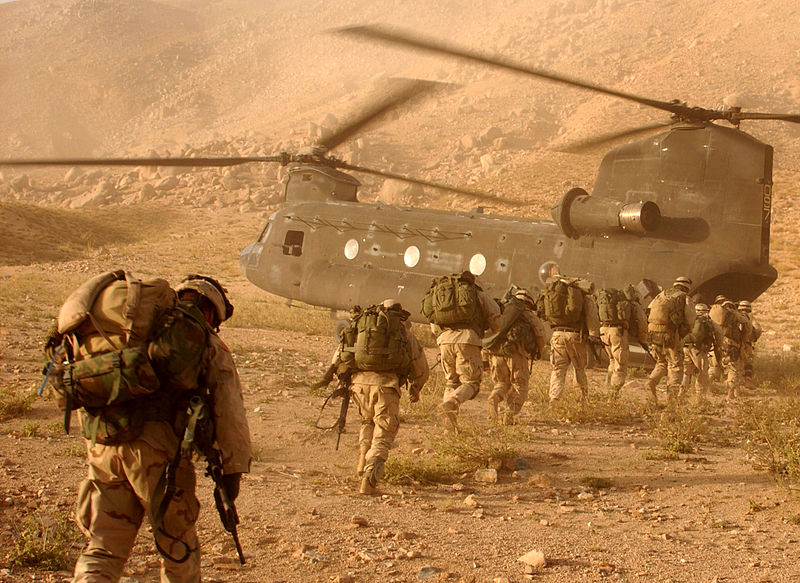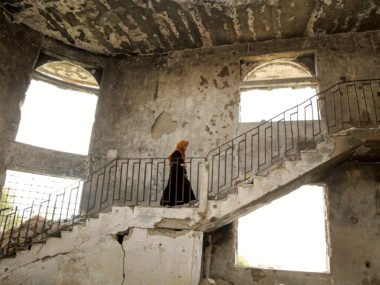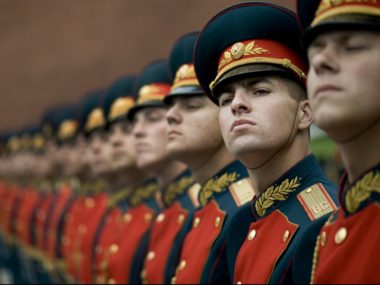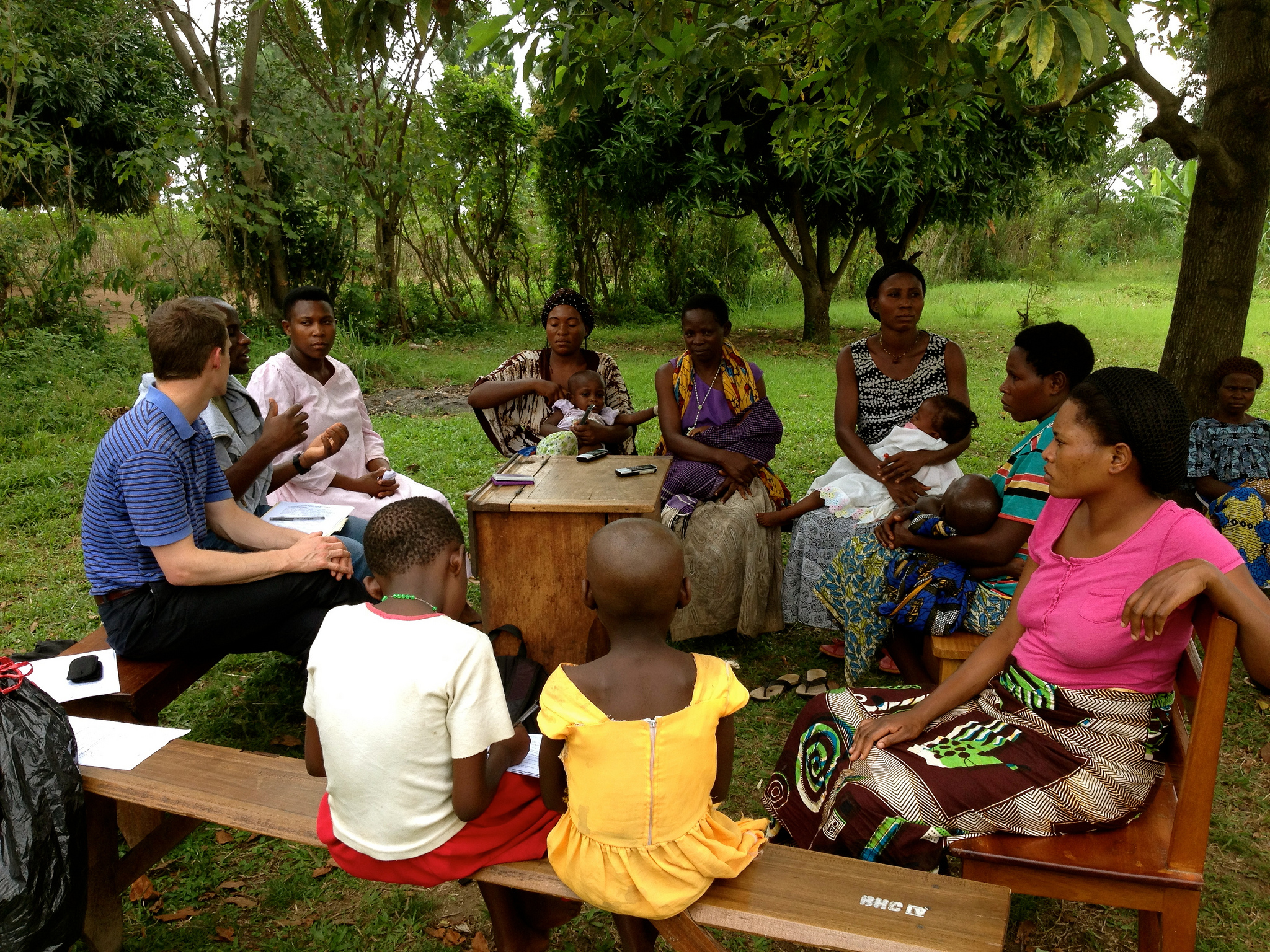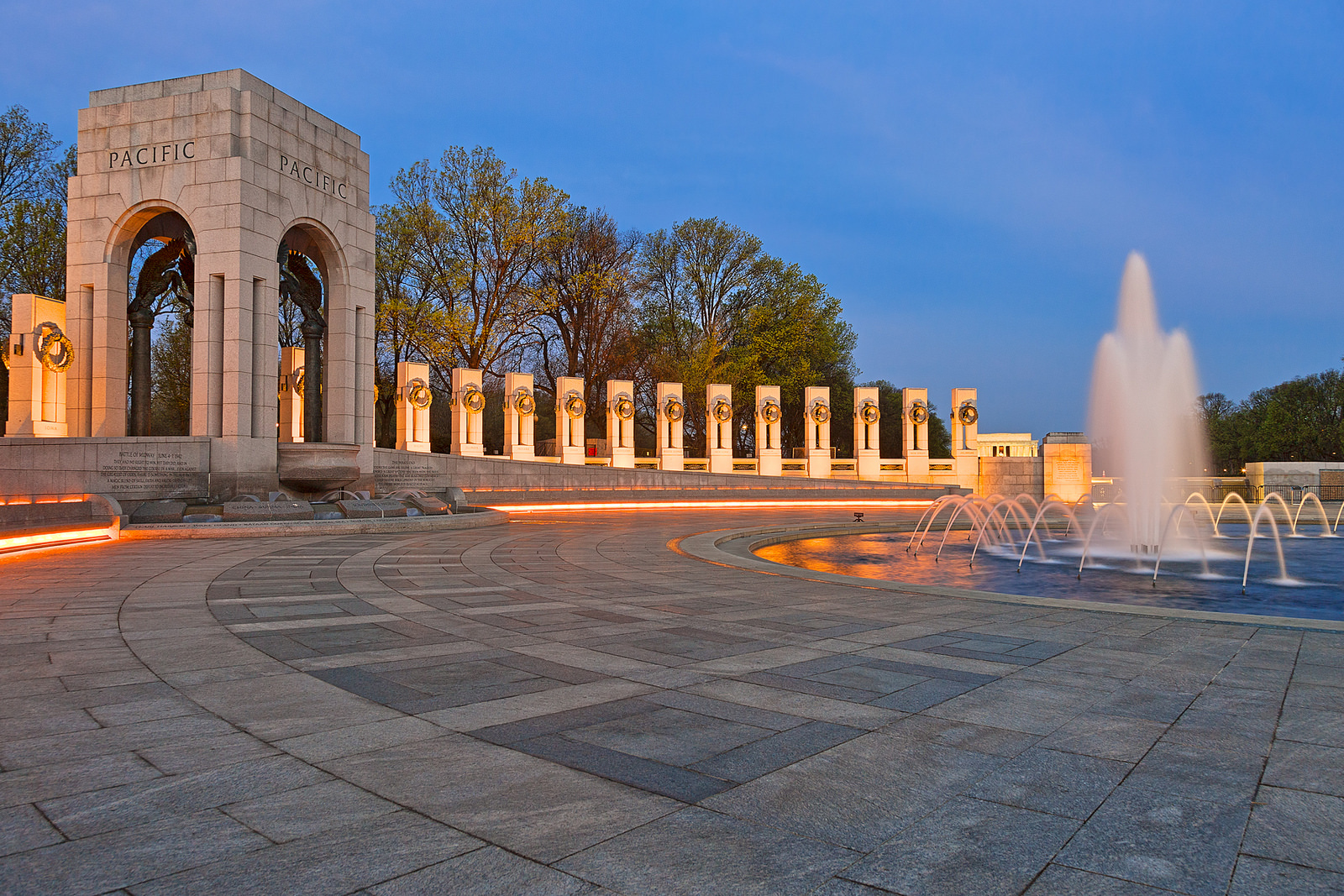By Mayara Santos Bueno and Joe Young
In 2014, Carlos (not his real name), a 41-year-old computer science school drop-out from a small town in Brazil, got on a plane bound for Iraq, where he crossed into Syria and joined the People’s Protection Unit (YPG), a Kurdish militia fighting against ISIS. He had little money and no prior connection to the Middle East. Why would someone from the other side of the world travel thousands of miles to fight in someone else’s war?
People go abroad to fight in foreign wars for many reasons. Some volunteers join resistance groups or terrorist organizations because they feel a pull to help people with whom they share an ideological or religious identity. Some Americans, for example, have joined ISIS for this reason, while others have joined groups that fight against ISIS for the same reason. Some do it for the money: they work as mercenaries, government agents, or as employees of security contractors and private companies.
We spoke with two volunteers from Brazil—Pedro and Carlos (made-up names to protect their identities)—to understand what drove them to participate in a faraway foreign war, specifically the war against ISIS. When the civil war began in Syria, the Islamic State in Syria—ISIS, or ad-Dawlah al-Islāmīyah—saw a chance to conquer territories and build a modern kingdom, or Caliphate, in the region. Given the reticence of the United States and the West more broadly to engage and employ ground troops, popular armed organizations were the most effective resistance to ISIS. Groups like the Kurdistan Workers’ Party, Democratic Union Party, Women’s Defense Unit, and especially the People’s Protection Unit (YPG) were able to retake cities, protect civilians from the war, and combat jihadist efforts. In response, Western volunteers began joining their efforts to counter ISIS from 2014 to 2015.
Neither Pedro nor Carlos had prior experience with Kurdish organizations or political activity. Pedro decided to fight against ISIS after the martyrdom of Father Jacques Hamel, a French Catholic priest who was murdered in July 2016 in a church attack by two Muslim men pledging allegiance to the Islamic State of Iraq. This event motivated Pedro to fight the common jihadist threat and “defend Christianity.”
Carlos, who served in the US military for three years, was motivated to join YPG following the revelation of mass trench murders by ISIS in Tikrit and the way ISIS used these events as propaganda. Similar to Pedro, Carlos was introduced to ISIS through related stories in the news media.
In both cases, the primary motivator was “disgust at ISIS”, rather than religious or ideological beliefs per se. Both volunteers expressed outrage at the failure of governments and international organizations to take action to curb ISIS in the months following the Caliphate’s declaration, with Pedro believing that Christian minorities needed to be saved from ISIS.
Both were exposed to troubling online content and faced a combination of challenges in their personal lives, including money problems, housing issues, and breaks in employment.
Their motives differ from many Americans who have fought against ISIS in Iraq and Syria. About one-third of the American volunteers were driven by personal motives. In the case of ex-military volunteers, these included wanting to “preserve their efforts as former US military personnel in Iraq.”
In 2014, most volunteers got to Syria the same way: by contacting a page on Facebook, Lions of Rojava, which is affiliated with the YPG and helps recruit foreigners for the fight in Syria. Pedro even searched for “volunteer work” on the Internet as a way to get involved. He could not find anything, however, which led him to search through social media.
Carlos connected to the YPG by messaging on Facebook. Some months later, they answered him with a short message: “If you get your ticket, send us a picture of the ticket and the passport […] when you get to Sulaymaniyah, call this number.”
Both Pedro and Carlos paid for their plane tickets and equipment, and like most foreign volunteers to the YPG, paid for their other expenses. Carlos says that his life in the city he was living at the time was hard: he lived in his car and made U$500.00 a month. To get to Syria, he asked to borrow money from friends.
When they arrived in Syria, Carlos and Pedro expected to do volunteer work like helping provide basic medical care or delivering food and water. The organization had other plans. According to Carlos:
We were sitting there with this older guy and he asked what I wanted to do and I said that I want to work with kids or to send me to a hospital, serve food, whatever, and then he heard what everybody wanted to do. Most of the foreigners wanted to fight, and go to the front line. So he looked at me and went “What experience do you have?” and I said “Well, I served in the military but would like to do something else.” He goes “Yeah, you’ll go with these guys.” He just pointed, so he put me in a van with a whole bunch of guys going to the front line, so you don’t have much of a choice.
Once there, Carlos and Pedro didn’t need money or unessential items besides guns and ammunition, supplied by the Organization. Both volunteers noted though that there was barely any food or water, which made completing their missions of reestablishing pieces of land more challenging. Carlos explains that his first mission into Syria was shorter than his second due to the lack of energy.
I stayed for the first time for 5 months and then I left. After 7 months I went back, then I stayed longer, for 6 months. The first time I was tired. There was a long time without eating and I was skinny and with no energy. I was stressed, and we were fighting at a time when ISIS was on top of its game. During the 5 months that I stayed there, we stayed moving the whole time, and we barely stopped.
Carlos felt like he had to go back the second time because he did not feel like it was finished, in a sense that he felt he left his colleagues behind.
I remember when I got on the plane, coming back, I just started crying and cried the whole time. And then every day that went by I thought, “Man, I should be there, helping somehow.”
He feels that his life changed for the better, as things started to work out after he returned to Brazil from his mission. He was out of money and living in a car. Now, he feels that he is happier with simple things in life.
The experience for Pedro was different. When he came back home to Brazil, the hatred he felt toward ISIS was overwhelming.
I spent 7 months there [in Syria] seeing this violence. I went back to Brazil and this is a horrible thing that I still have inside me today, and that I had much more at the time, that I had a mortal hatred for them.
For both Pedro and Carlos, the demise of ISIS effectively ended their desire to fight abroad. It remains unclear how their experiences in Syria will affect their lives back in Brazil. While there has been little work comparing these volunteers to ISIS volunteers, it would be useful to know the potential threats each poses when they return home. For the former YPG volunteers, we think it is unlikely that they will engage in violence at home. But new wars, like the current war in Ukraine, bring new, grim opportunities, and we are already seeing volunteers from the conflict against ISIS joining in the fight against Russia.
Mayara Santos Bueno (UNISANTOS BA, 2020) is an independent researcher from Brazil. Her research interests include international security, political violence, Latin America, USA and China. She is the author of the article Other Peoples’ Wars alongside Professor Joseph Young from American University, and can be contacted at yara-bueno@hotmail.com. Joe Young is an editor for Political Violence At A Glance and a Professor in the Department of Justice, Law and Criminology at American University.

